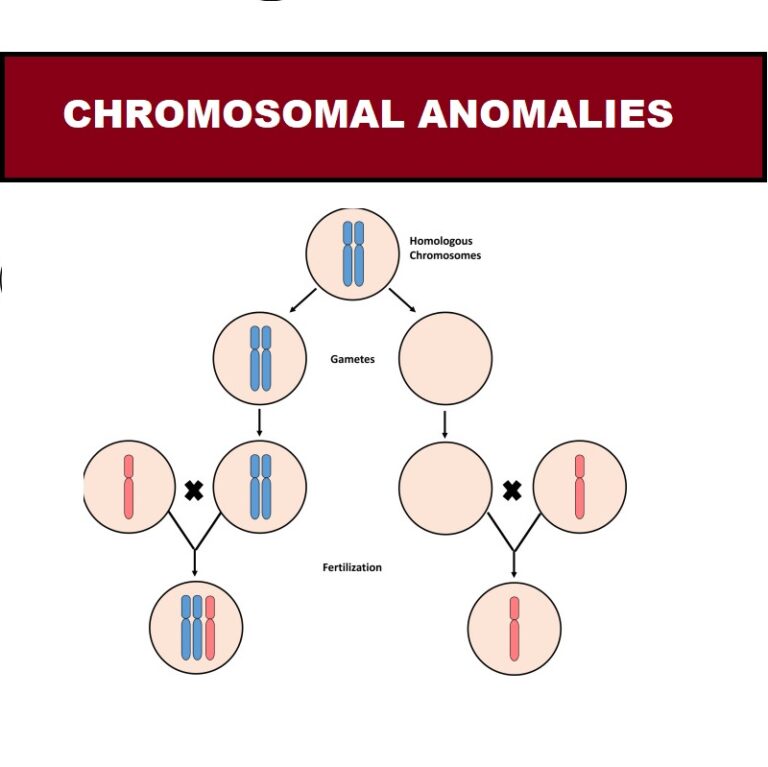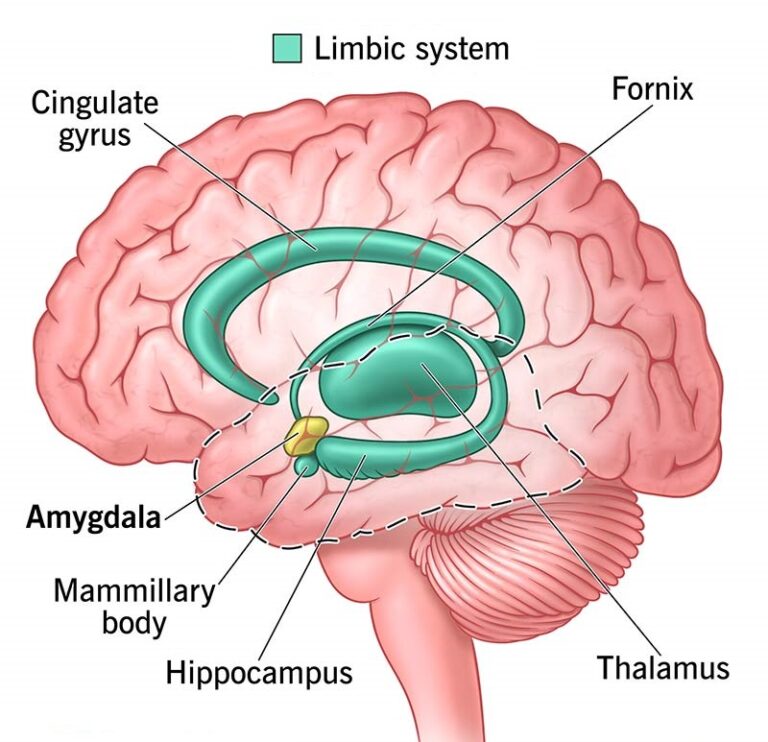
In the exploration of knowledge paradigms, ontology forms a foundational pillar. Ontology, derived from the Greek words “ontos” (being) and “logos” (study), is the branch of philosophy concerned with the nature of reality and existence. It asks questions such as: What exists? How do we classify and organize the entities in the universe? And what is the nature of these entities? These questions underpin theoretical frameworks across disciplines, from metaphysics to information science. This article delves deeply into ontology, critically evaluating its essential aspects, its role in various knowledge paradigms, and its practical applications with examples and empirical insights.
Understanding Ontology: The Foundation of Knowledge
Ontology addresses the essence of being and reality, questioning what entities exist and how they relate to each other. It is distinct yet intertwined with epistemology, which focuses on how we know what we know. Ontology provides the scaffolding for epistemology by defining the parameters of reality within which knowledge can be constructed.
Table 1: Core Differences Between Ontology and Epistemology
| Aspect | Ontology | Epistemology |
|---|---|---|
| Focus | Nature of being and existence | Nature of knowledge and how it is acquired |
| Key Questions | What exists? What is real? | How do we know? What are the sources of knowledge? |
| Role in Knowledge | Establishes the framework of reality | Guides methods for understanding reality |
Ontology shapes paradigms in diverse disciplines. For example, in organizational theory, ontology defines whether organizations are viewed as tangible entities (realism) or social constructs (constructivism). Similarly, in artificial intelligence, ontological models guide how machines interpret and categorize data, directly influencing their reasoning capabilities.
Ontology in Practice: Realism vs. Constructivism
Two dominant ontological perspectives are realism and constructivism.
- Realism posits that reality exists independently of human perception. For example, a mountain exists whether or not it is observed.
- Constructivism, on the other hand, argues that reality is socially constructed. In this view, a nation-state exists not because of its physical boundaries but because of collective agreements and shared beliefs.
These perspectives significantly influence research methodologies and theoretical approaches. A realist might employ quantitative methods to measure an organization’s performance, assuming its structures and systems exist objectively. A constructivist, however, might use qualitative methods to explore how organizational culture is constructed through narratives and interactions.
Ontological Assumptions in Research
Every research project is implicitly or explicitly grounded in ontological assumptions. For instance, in healthcare studies, a realist ontology might underpin biomedical research, assuming diseases exist as objective phenomena. Conversely, constructivist ontology might inform psychological research, exploring how patients’ perceptions shape their experiences of illness.
Example: Consider the study of mental health disorders. A realist might focus on neurochemical imbalances as objectively existing causes, while a constructivist might examine how societal stigma shapes the understanding and experience of mental health conditions.
Table 2: Examples of Ontological Perspectives in Research
| Field | Realist Perspective | Constructivist Perspective |
|---|---|---|
| Education | Knowledge exists objectively in textbooks | Knowledge is co-constructed between teachers and students |
| Environmental Studies | Climate change as a measurable, physical phenomenon | Climate change as a socially constructed concern |
| Business | Organizations as tangible entities | Organizations as systems of shared meanings |
Ontology’s Role in Contemporary Knowledge Paradigms
Modern knowledge paradigms increasingly acknowledge the fluid interplay between ontology and epistemology. For instance:
- Postmodernism challenges traditional ontological hierarchies, emphasizing pluralism and questioning the existence of universal truths. Postmodern ontology suggests that reality is fragmented and context-dependent.
- Critical Realism bridges the gap between realism and constructivism, proposing that while a reality exists independently of human perception, our understanding of it is mediated by social and cultural contexts.
Ontological Debates in Emerging Fields
Artificial Intelligence (AI)
In AI, ontology plays a critical role in designing systems that mimic human reasoning. Ontological frameworks, such as the Gene Ontology in bioinformatics, help standardize and categorize information. However, debates arise over the extent to which AI systems can “know” reality. Is their perception of the world merely a construct of the algorithms designed by humans?
Sustainability and Climate Change
Ontological disagreements often underpin debates about climate change. While scientists adopt a realist ontology, treating climate change as an observable phenomenon, policymakers and communities may interpret it through constructivist lenses, influenced by economic and cultural narratives.
Empirical Research Insights
Studies across disciplines highlight the practical implications of ontological assumptions:
- Organizational Studies: Gioia et al. (2013) emphasized the constructivist nature of organizational identity, showing how employees co-create meanings through shared narratives.
- Educational Research: A meta-analysis by Biesta (2015) revealed that constructivist teaching methods foster deeper learning outcomes compared to traditional methods rooted in realist assumptions.
- Climate Science Communication: A study by Nisbet et al. (2021) found that framing climate change through culturally relevant narratives—a constructivist approach—enhanced public engagement.
Practical Implications: Bridging Ontological Perspectives
Bridging realist and constructivist ontologies often yields comprehensive insights. For instance, in healthcare policy, integrating the objective reality of disease prevalence with the subjective experiences of patients ensures holistic interventions.
Example Table 3: Bridging Ontological Perspectives in Healthcare
| Aspect | Realist Approach | Constructivist Approach | Integrated Outcome |
|---|---|---|---|
| Disease Diagnosis | Focus on biological markers | Consider patient narratives | Personalized diagnostic protocols |
| Treatment Design | Standardized drug efficacy trials | Tailoring treatments based on patient context | Holistic and adaptive healthcare strategies |
Conclusion
Ontology, as a cornerstone of knowledge paradigms, profoundly shapes our understanding of reality and the methodologies we employ to explore it. By critically evaluating ontological perspectives, researchers and practitioners can navigate the complexities of reality with greater clarity and depth. Whether addressing the tangible or the intangible, the objective or the subjective, ontology invites us to reflect on the very essence of existence. As we continue to grapple with emerging challenges—from AI ethics to climate change—a nuanced appreciation of ontology will remain indispensable.
References
- Biesta, G. (2015). “Constructivism and Education: Epistemology or Ontology?” Educational Philosophy and Theory, 47(4), 442-457.
- Gioia, D. A., Patvardhan, S. D., Hamilton, A. L., & Corley, K. G. (2013). “Organizational Identity: Constructivist and Realist Approaches.” Academy of Management Review, 38(1), 63-93.
- Nisbet, M. C., Markowitz, E. M., & Kotcher, J. E. (2021). “Communicating Climate Change: A Constructivist Approach.” Environmental Communication, 15(6), 731-746.








If some one wants to be updated with latest psychology then he must be pay a visit this website and be up to date every day.